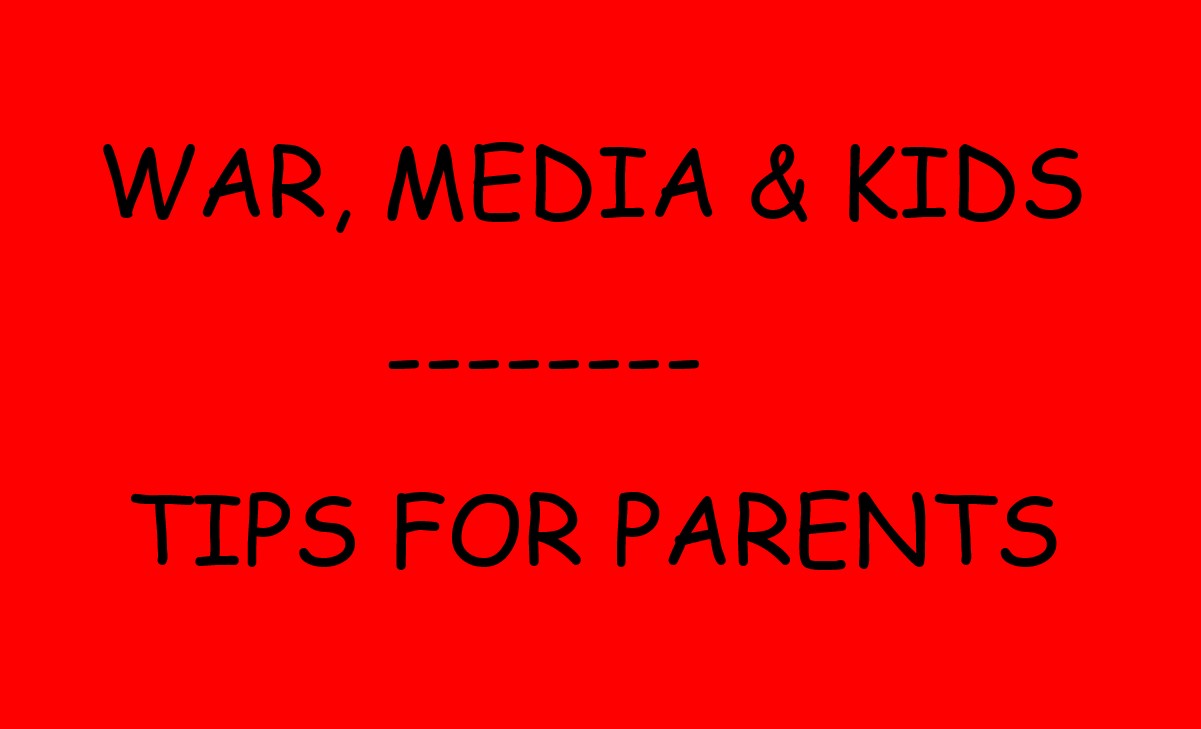
The Hamas attacks and Israel’s response have shocked the world. In response, the media has gone with wall-to-wall coverage of the bloody details.
Apart from the devastation itself, the accelerated ways that we receive information from the 24/7 media has created a collateral problem. Fifty years ago, people learned about the Viet Nam war on the six o’clock news. Today, however, the omni-present media coverage has greatly intensified our experience of these horrifying events.
As a result, it’s well documented that the incessant flood of bad news has had a negative impact on our emotional health. For example , graphic descriptions of things like beheadings or setting innocent people on fire are simply too much . As a result, folks are reporting that they feel more anxious and depressed than usual.
Given how much kids use their phones, the effects on children can be even worse. Graphic stories and images available on smart phones make those far-away threats feel like they are right next door.
Further, the problem is only going to get worse. It is clear that the war is just beginning and the news is not likely to get better in the foreseeable future.
In light of this reality, parents need to be on the lookout for tell-tale signs of trouble. Things like nightmares, out of character crying and other unexplained frightened behaviors could be warning signs to check out.
That said, many parents tell me that they are not sure how to react or what to say. Here are some basic guidelines for helping children deal with disturbing news:
(These tips can not only help you to help your children concerning the war but they also can promote better, over-all communication in the family: How to Talk With Your Child About the Israel-Gaza War – HealthyChildren.org )
1) Put your own mask on first. Just like what you’re told on an airplane, it’s important that you deal with your own feelings about shocking news, first. Be aware if the news is getting to you.
So, calm yourself before trying to help your kids. When you have regained a reasonable perspective, you are better able to help your children regain theirs.
2) Ask – Don’t assume. To begin, don’t be shy about asking each child what they have heard or seen. Also, because there is so much misnformation on the internet and social media, it’s necessary to reality-test what they’ve heard.
In addition, these discussions can also provide an important life lesson. They can demonstrate the importance of critical thinking. Children who can identify bias and misinformation are less vulnerable to being misled or having irrational fears.
3) Listen Carefully – Don’t Project. When children talk to you, it’s important to listen carefully to what they are actually saying. It’s easy to project our own concerns onto them. ( A sweater is something you had to put on when your grandmother felt chilly.)
Our job as parents is to respond to their worries and not our own. Because it is so easy to assume that our fears our fears are theirs, it’s crucial to make sure that we accurately understand what is really bothering them.
4) Empathize and Realistically Reassure. Of course, it’s important to allay fears and comfort your children when they are scared. It is equally important to empathize and let your kids know that you understand and that their worries are normal.
Also, details are important . Explain why they are safe and how you will protect them.
To review: it’s important to communicate to them that you (1) hear and understand their concerns, (2) normalize what they are feeling and (3) reassure them that they are safe and protected.
With older children, it is helpful to explain that, although there are dangers in the world, the chances of the war in Israel affecting them are low. It is important to let your teens know that there are no simple answers or guarantees in life. Thus, we need to learn to cope with difficult circumstances.
5) Limit exposure to media reports. For both children and adults, it is important to limit the amount of TV and internet time.
Although it is not possible to completely shield children from hearing about the atrocities, cutting back on-screen time can make a big difference. Setting limits can minimize the negative emotional effects of disturbing news.
The SG on SM & Kids | Pastoral Counseling Syracuse NY (revmichaelheath.com)
____________________________________________________________________
From a larger perspective, sometimes crises can be opportunities for life-lessons. Besides comforting, children also need to understand that having the capacity to tolerate a certain level of anxiety is necessary.
Working through difficult times as a family teaches not only invaluable lesson but also increases their self-esteem and confidence. Obviously if symptoms don’t remit or are impairing, seeking help from a therapist may be necessary.
One other thing to keep in mind. War by its very nature is beyond rational explanation or excuse. The reality of evil is beyond human comprehension. Indeed, we don’t have to be perfect. In fact, there is no perfect way to parent throught impossible situations like war. Being reasonable and compassionate is the best we can do.
Rev. Michael Heath, LMHC, Fellow A.A.P.C. 10/16/2023


